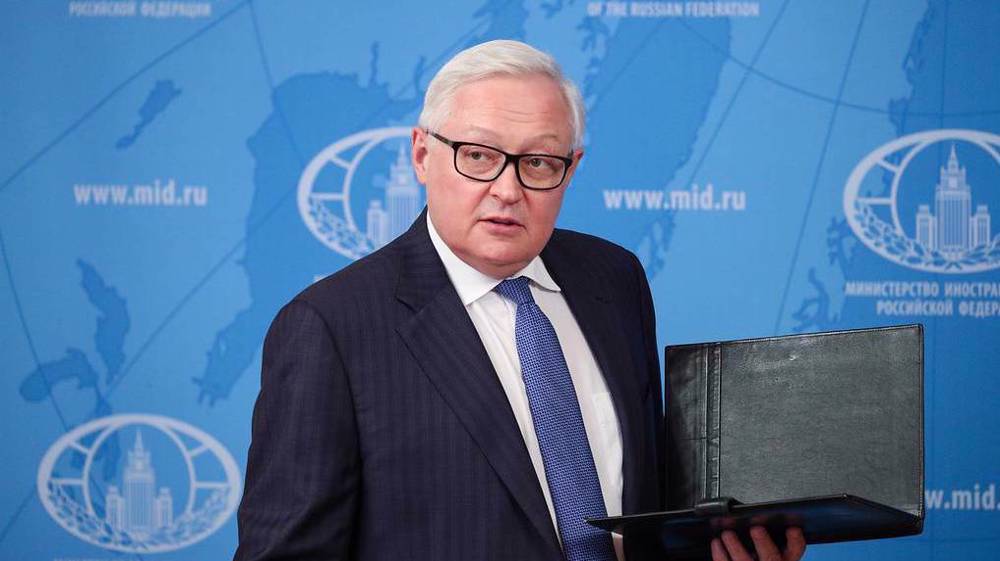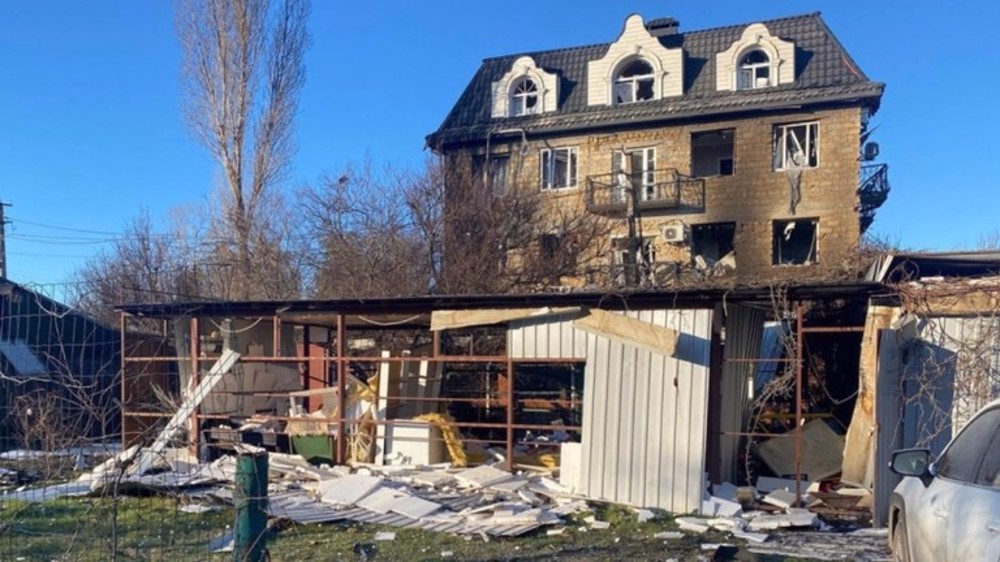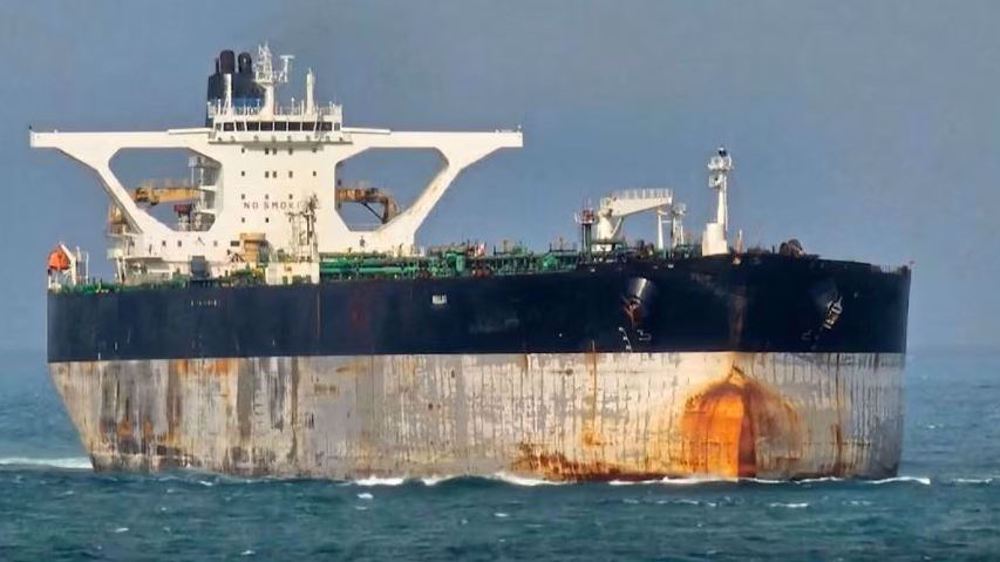Russia to respond to planned US, EU sanctions over Navalny case
Russia says it will respond to planned sanctions by the United States over the case of opposition figure Alexei Navalny, depending on their content and nature.
Deputy Foreign Minister Sergey Ryabkov said on Monday that the Kremlin’s response to the measures “can be anything.”
“We cannot gauge which factors will influence Washington’s mindset. Our policy is consistent, understandable, well-reasoned,” Ryabkov said.
“We will see what the bottomline is, in the end, and then on our part will evaluate what and how to accept and how to react,” he added.
Citing two sources, Reuters reported earlier that the White House was expected to impose sanctions on Russia as early as Tuesday over allegations that Moscow poisoned Navalny. The US will freeze the assets of those targeted and effectively bar US companies and individuals from dealing with them.
Russia has denied any involvement in the alleged poisoning of Navalny.
The Russian opposition figure was taken to Germany by his associates in August last year to receive treatment for the purported poisoning, but he returned to Russia after alleged recuperation in January.
He was arrested on arrival and sentenced to three and a half years in prison for breaking the terms of a suspended sentence he had received seven years ago in an embezzlement case. The court said Navalny violated the terms when he was airlifted to Germany for treatment in August 2020.
Western countries have repeatedly called for his release and threatened Moscow with possible sanctions.
Moscow says the West is exploiting the case for political reasons and using it as a pretext to impose more sanctions against Russia.
US President Joe Biden said earlier that the jailing of Navalny was “politically motivated” and called for his release.
He has threatened to take a new and tough approach toward Moscow, saying that Washington would no longer be “rolling over” in the face of what he called aggressive action by Russia.
UN official accuses Russia of poisoning Navalny
In a related development, a United Nations (UN) special rapporteur, Agnes Callamard, accused Russia of being “responsible for the attempted arbitrary killing of Navalny” on Monday.
“We call on the Russian Government to request or to allow an investigation,” she said.
In response to Callamard’s remarks, Russian Foreign Ministry spokeswoman Maria Zakharova said that Moscow and the UN had a shared objective to find out the truth in the Navalny case.
She pointed out that Russia had repeatedly called on Germany to provide data related to Navalny’s treatment in Berlin.
Zakharova said Callamard’s call for an investigation “will prompt the partners to end the disinformation campaign and start joint work, which should be carried out transparently and on a legal basis.”
Callamard acknowledged that France, Germany, and Sweden had not responded to requests of the Russian prosecutors to provide evidence of poisoning.
Meanwhile, Reuters has cited a source as saying that Washington’s sanctions may be coordinated with measures the European Union (EU) could apply as soon as Tuesday.
Last month, EU foreign ministers agreed to impose sanctions on four senior Russian officials close to President Vladimir Putin over Navalny’s imprisonment.
The EU was expected to formally approve those measures in early March.
Russia to retaliate EU sanctions
Russia has promised to respond to the EU sanctions, as well.
Deputy Minister of Foreign Affairs Alexander Grushko called the measures “unlawful and self-defeating” but did not specify what steps would be taken in response.
Grushko reiterated that a ruling by the European Court of Human Rights (ECHR) on the Navalny case constituted interference in Russia’s internal affairs.
The Strasbourg-based court ruled last week to “indicate to the Government of Russia” that it should free Navalny with immediate effect.
The ECHR said its decision to demand Navalny’s release had been motivated by what it called a possible risk to his life.
Russian Justice Minister Konstantin Chuychenko said at the time that the ruling “is baseless and unlawful, because it does not contain any reference to any fact or any norm of the law, which would have allowed the court to take this decision.”
President Putin has formerly warned the West against “trying to shackle us with economic and other sanctions.”
The Russian president also said last month that Western powers were exploiting the case of Navalny to “contain” Moscow.
VIDEO | Germans condemn US aggression against Venezuela
VIDEO | Israel withholds fate of disappeared Palestinians
VIDEO | Venezuela's interim president will continue same policies: Analyst
Iran’s support was pivotal in decisive victory over Daesh: Iraqi PM
US kidnapping of Maduro makes mockery of intl. law, sets dangerous precedent
Afghan border closure, fewer terror attacks in Pakistan
VIDEO | From trauma to triumph
VIDEO | Press TV's news headlines













 This makes it easy to access the Press TV website
This makes it easy to access the Press TV website